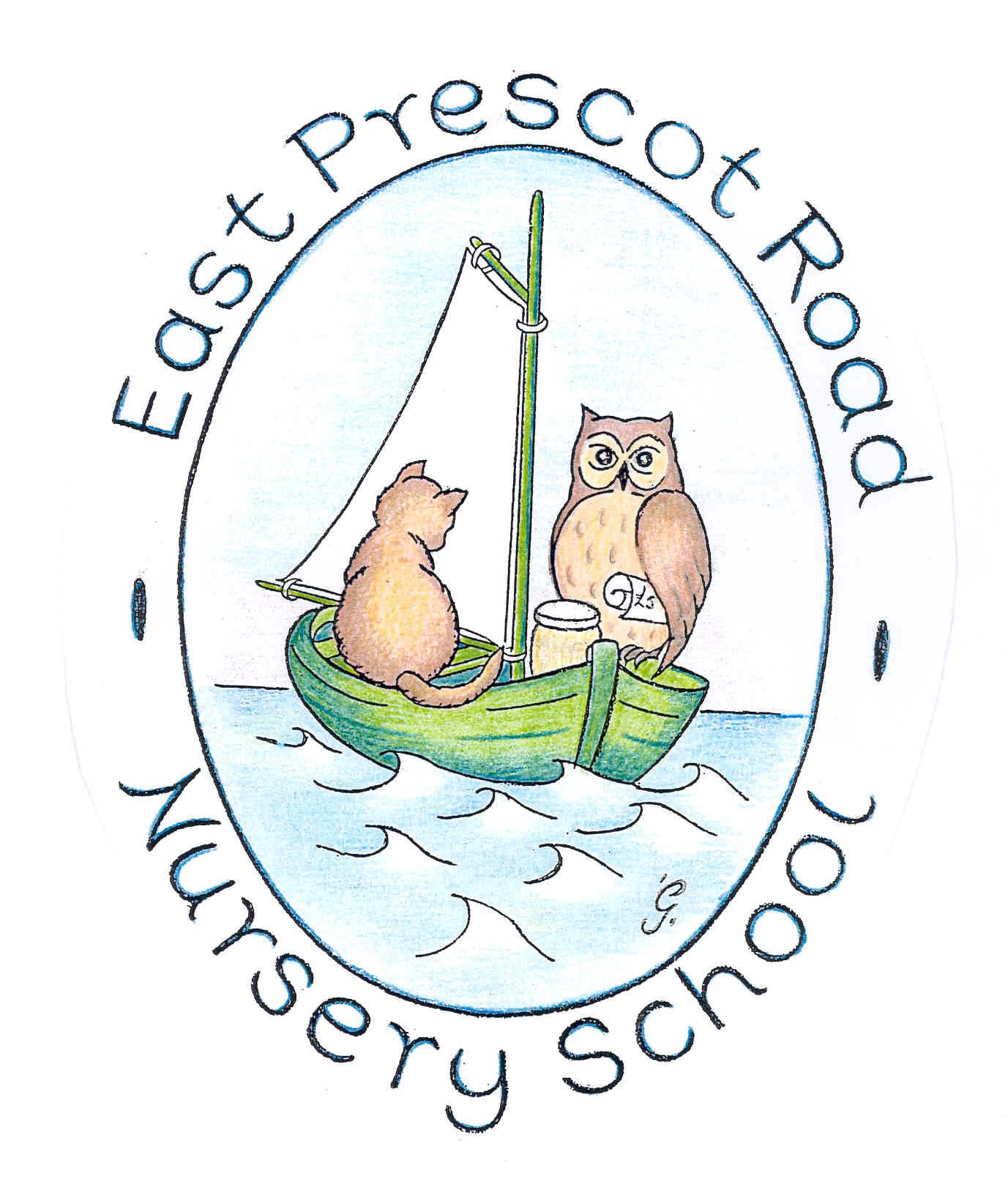Music Sessions
We are so fortunate to have our own musician who works with our children in school. Philippa Bryan ('Pip') comes into school on Fridays and works with groups of children to promote their love and enjoyment of music.
What are the benefits of music?
Music brings many benefits to children that support them in their learning, teaching them skills they will use throughout their childhood and into their future. The importance of music can be communicated through the way music ignites various areas of child development, such as creativity, language, motor skills and overall literacy.
How do children express themselves through music?
Infants, toddlers, and pre-schoolers express themselves through music in different ways, as they begin to build their confidence and independence.
As infants do not generally understand all the words of songs, they instead begin to recognise the melody. Babies establish emotion through rhythm and pitch, for example, their mother’s voice. Music can also be very helpful as part of a sleep routine, similar to how it can stimulate an infant in a louder environment.
Toddlers develop their language and memorisation skills through music. The key feature in music that toddlers grasp onto is repetition, as this helps children to remember significant words and begin to learn their meanings.
At the age of Pre-School, children begin to show an interest in singing. In particular, children of this age like to repeat words and melodies. Children develop their language skills further and learn through songs such as nursery rhymes and songs that ask them to do things, teaching them life lessons and basic forms of meaning.
Why is music in the early years important?
Cognitive development
By being exposed to music, it improves a child’s cognitive functioning. This is important as it creates pathways in the brain developed through musical activities that lead to development of language, reading and mathematical skills due to the beat, timing and rhythm.
Vocabulary is also developed through music, as music teaches children new word meanings and how words work together to be used in a sentence. This will help with communication skills as children begin to understand the words and sentences they are exposed to.
Motor skills
Through listening to music, children can develop both their fine motor skills and gross motor skills, which develops both the smaller and larger muscles.
Playing with different sized instruments, making their own instruments and action rhymes are not only effective for learning, but also for co-ordination, as it develops a child’s sensory skills. Co-ordination is especially important in learning with younger children, as it allows children to have the best possible control over their bodies and develop a strong motor planning of movement.
Communication skills
Communication skills are important for children to develop to prepare them for later life. Exposing babies to music such as singing is an extremely effective way of starting the children’s learning from the youngest possible age, as it begins to teach them about inflections of the language they will go on to speak.
As a child begins to grow and develop, singing then benefits them in different ways. When singing, it strengthens a child’s lips and therefore encourages clear elocution, whilst continuing to build their vocabulary.
Memory skills
Memory skills are also progressed through the repetitive nature of songs, and are important to develop as this gives children information stored long enough to use it and put it into practice. The structure of songs or rhymes alongside the tune and rhythm make them easy to memorise, and teaches skills that will be relied on during school and their future.
Sounds patterns
Sounds patterns are learned through rhyme, poem and song. Sound patterns when heard by a child, teaches them to distinguish various noises from each other, as well as joining and breaking sounds apart.
Sound patterns are practiced by children when rhyming, playing with instruments, singing and practicing syllables. All these features effectively contribute to learning how to read and spell, and eventually will benefit a child academically in their writing and mathematic skills.
